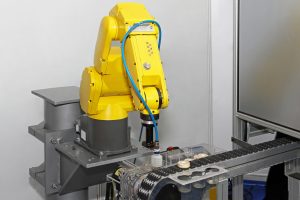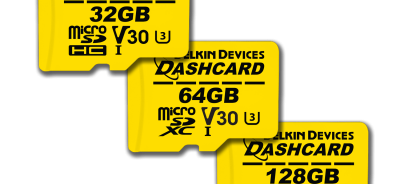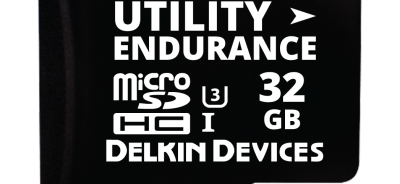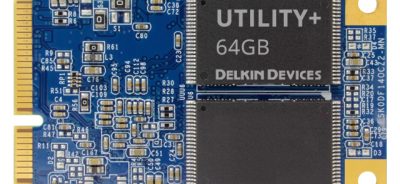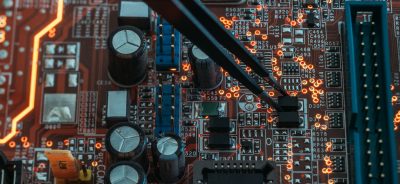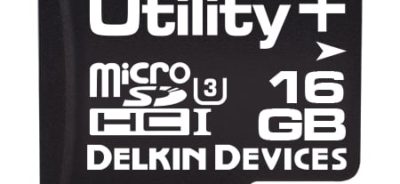Industrial SATA for Factory Automation
In today’s factory settings, automation is non-negotiable. Plants are adding new automation tools constantly, and embedded flash storage is essential for machine control. To achieve the goals of higher production speeds, reliable automation, and fail-proof data management, many factories are relying on industrial SATA solid state drives (SSDs) to get the job done. Industrial SATA offers the kind of reliability necessary for automation, even in rugged environments like factories where temperature, vibration, and shock levels may be high. Don’t let your factory fall behind by using technology that is not up to the demands of today’s automation standards. Here are the facts about industrial SATA for factory automation that your business needs to know.
SATA Basics
SATA—also known as Serial AT Attachment—is a bus interface that creates a connection between a storage device and the bus adapter in the host system. The interface uses high-speed cables to transmit information, and though it has been used with hard disk drives, or HDDs, users with factory automation systems typically combine industrial SATA interfaces with SSDs.
SSDs are preferred in industrial operating conditions, and have largely replaced HDDs in the consumer market as well. There are several reasons for this change. First, SSDs are more reliable than HDDs because they don’t have any moving parts. HDDs have mechanical disks that spin in order for the drive to work. SSDs rely on NAND flash memory, in which data is stored in cells using specific voltages. In addition, SSDs are generally smaller than HDDs, so they can be used in small and thin devices, and they are less prone to vibration and shock problems.
Industrial SATA for Factory Automation
Industrial SATA products feature SSDs with SLC flash memory. This is a key feature for industrial use. With this kind of flash memory, only one bit of data is written per cell, and only two voltages are used for read and write operations. These factors allow for faster performance and reduce the chances of data loss or corruption during operations.
Industrial SATA is also more rugged than other versions, which is important in a factory setting. It can tolerate operating temperatures of up to 85 degrees C—and as low as -40 degrees C—which means you won’t have to worry about data loss if temperature extremes occur. In addition, industrial SATA won’t be disrupted by the high levels of shock and vibration that are common during automated factory processes.
Make sure your technology is ready to handle your factory’s need for automation with industrial grade SATA or other industrial Flash storage options. Contact Delkin to find out more about industrial SATA for factory automation and how it can fit your business’ needs.
 Login
Login Register
Register


